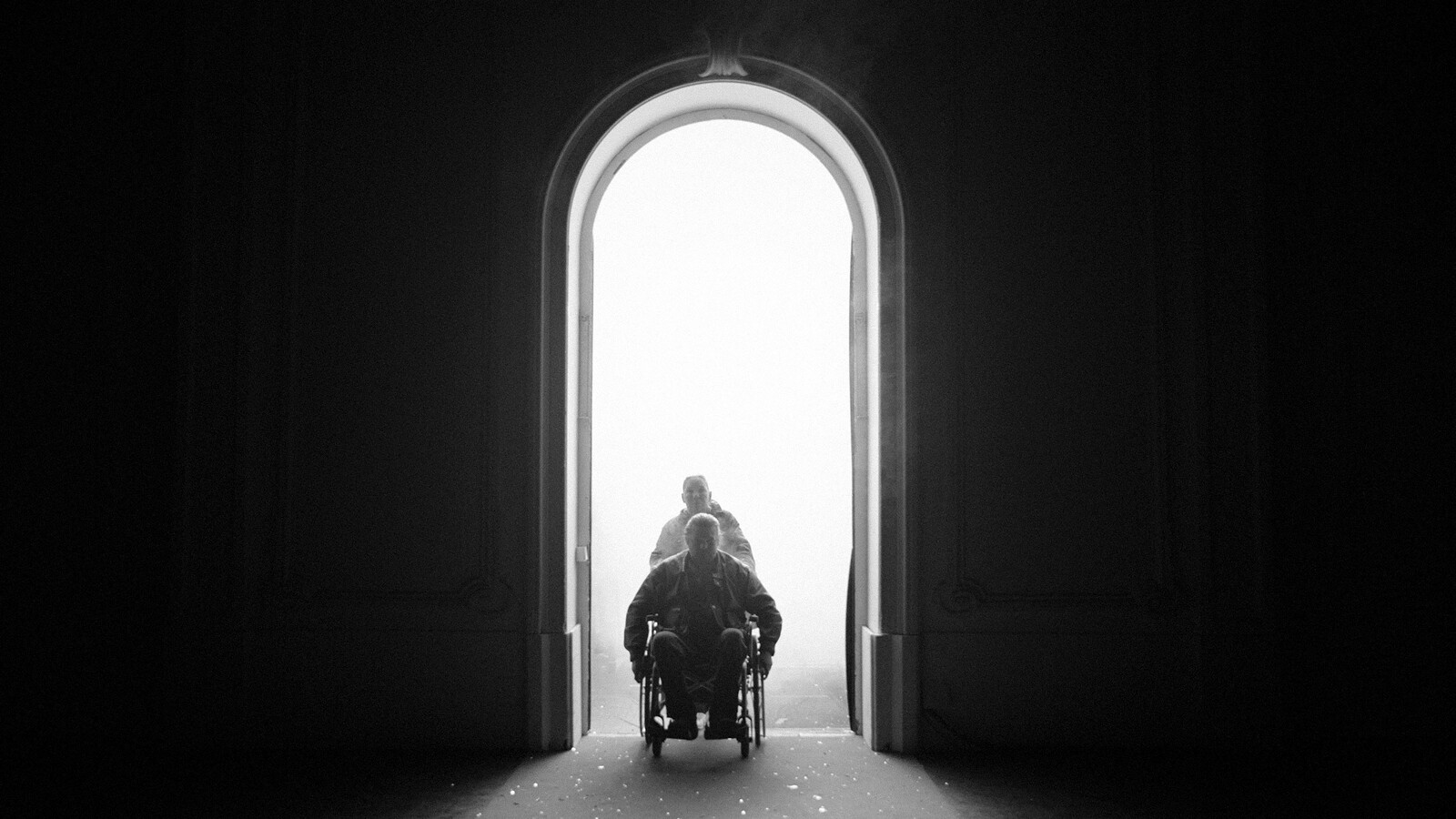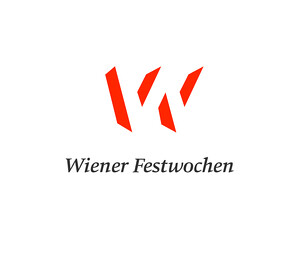Missing People
New creation/commission
June 13–16, 2019
Austrian Film Museum, Vienna
Halle G at MuseumsQuartier, Vienna
In Missing People, commissioned by and presented exclusively during the Wiener Festwochen, at the filming location itself, legendary filmmaker Béla Tarr experiments with a new format at the intersection of film, installation and performance. This comes as the next step on the new path that Tarr embarked on with his highly acclaimed 2017 exhibition Till the End of the World at the Eye Film Museum Amsterdam, after his self-proclaimed retirement from filmmaking.
“I don’t know what this is. But I know this is surely not a film, not an exhibition, not a theatre, not a concert, maybe it is a kind of visual poem … about missing people.”
–Béla Tarr
While formally radically different, Missing People remains consistent with the pursuit of human dignity, characteristic of Tarr’s entire œuvre. However, it also allows a new perspective on his visual language, by confronting its metaphysical aspect with the actual reality, the physicality of life. Engaging directly with the Missing People of Vienna, Tarr is consciously sacrificing the “purity of aesthetics” his film work is celebrated for, arriving at the essential ethical foundation of his work. But this is a divergence only on the surface, for, as Jacques Rancière wrote, “the beauty of images … is only the reward for a fidelity to the reality that one wants to express and to the means that one employs in doing so. Béla Tarr never stops hammering out two very simple ideas. He is a man concerned with giving the most precise expression possible to the reality that people live.”
Vienna is the city with the highest quality of living in the world, as was confirmed yet again in 2018. But the city’s immaculate façade made of Habsburg splendour, Sacher torte and snow-white Lipizzaner horses is only half the story. Many inhabitants do not fit into this picture and are hidden from sight owing to poverty and social hierarchies. Working with over 200 participants who belong to Vienna’s homeless community, Tarr confronts the audience with them, making them see those we have been missing.
Béla Tarr was born in 1955, in Pécs, Hungary. He began his career at sixteen as an amateur filmmaker. Later he worked at Balázs Béla Stúdió, the most important workshop of Hungarian experimental film, where he made his feature directorial debut. Tarr was the student of the Academy of Theatre and Film (Színház- és Filmművészeti Egyetem) in Budapest between 1977 and 1981. In 1981 he was one of the founders of Társulás Filmstúdió. Since its closure in 1985 he has worked as an independent filmmaker. During 1989 and 1990 he lived in Berlin as a guest of the DAAD Berliner Künstlerprogramm, between 1990 and 2011 he was an associate professor at the DFFB in Berlin, Germany. He became the member of the European Film Academy in 1997. In 2003 he founded TT Filmműhely, an independent film workshop which was led by him until 2011. TT Filmműhely produced his latest films and Tarr acted as producer on other remarkable filmmakers’ movies, for example Miklos Jancso. The international film school Film.factory in Sarajevo was founded by Tarr in 2012; he was the head of programme and professor till 2016. Tarr is a visiting professor at several film academies. In 2017 at Eye Filmmuseum, Amsterdam, he developed the exhibition Till the End of the World, crossing between a film, a theatre set and an installation. He is the president of the Hungarian Filmmakers’ Association, member of the Széchenyi Academy of Letters and Arts, has been given the most prestigious Hungarian prize for artists, the Kossuth Prize and the Hungarian prize for filmmakers, Balázs Béla Prize. He was named a Chevalier dans l’Ordre des Arts et Lettres and was honoured with several remarkable national and international awards, honorary doctorates and lifetime achievement awards. On its 25th anniversary, his masterpiece Sátántangó (1994) was received with great acclaim at Berlinale 2019. Béla Tarr’s filmography includes Családi tüzfészek (Family Nest, 1977), Panelkapcsolat (The Prefab People, 1982), Werckmeister harmóniák (Werckmeister Harmonies, 2000), A torinói ló (The Turin Horse, 2011).


